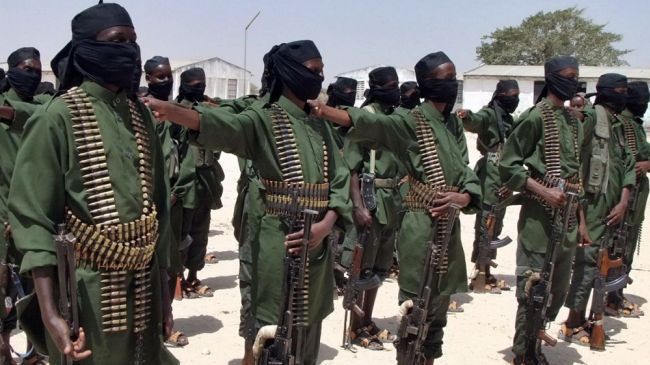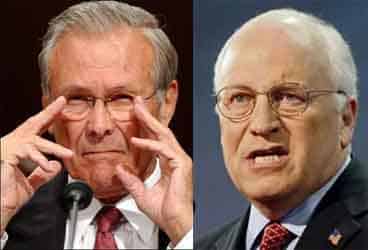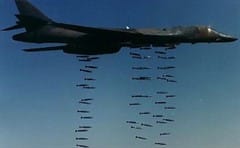Most people, when thinking of Memorial Day—if they don’t confuse it with Veterans Day—think of the start of the summer season or great sales at the stores and online. Yet the holiday is supposed to honor those who died in America’s wars. Even some of the limited...






